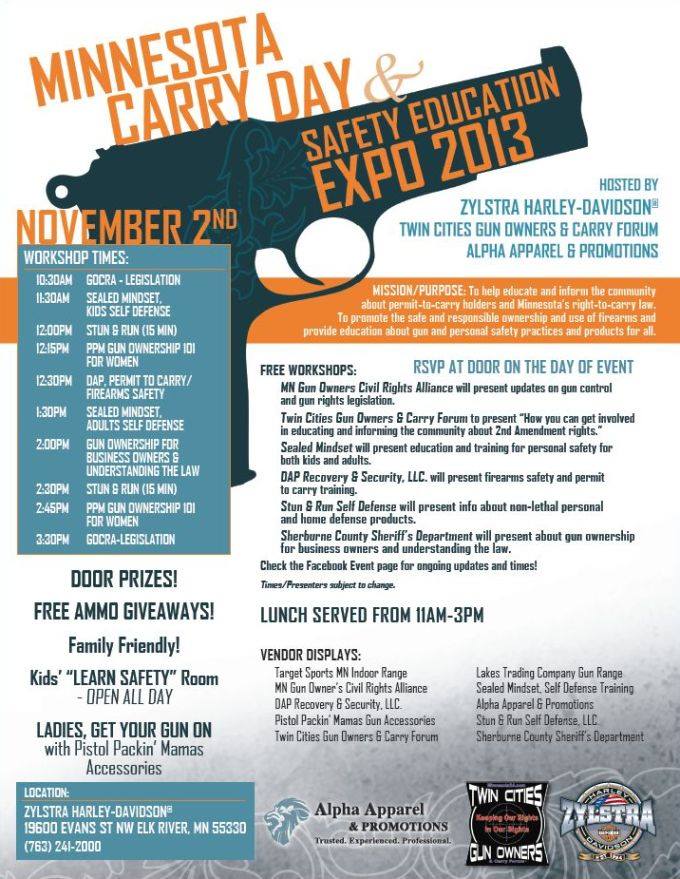The United Kingdom has begun its war on 3D printers. Police in Manchester reported seizing parts for a 3D printable firearm:
British police have seized a 3D printer and components “suspected to be a 3D plastic magazine and trigger.” Police made what they’re calling a “milestone” discovery when executing a number of warrants in the Manchester suburb of Baguley late last night. The Greater Manchester Police Department says it’s the first seizure of this kind in the UK, where personal firearms are illegal without a hard-to-obtain permit. The parts have been sent for forensic analysis to establish if they could be used to construct a genuine firearm, and a man has been arrested “on suspicion of making gunpowder.”
In a prepared statement, Detective Inspector Chris Mossop called the discovery “really significant.” Mossop says that, if the components are genuine, “then it demonstrates that organized crime groups are acquiring technology that can be bought on the high street to produce the next generation of weapons.” He goes on to note that, as the components are plastic, they are easy to conceal and smuggle past current detection methods. “A lot more work needs to be done to understand the technology and the scale of the problem.”
I was fortune enough to attend a Sky Talk about the Liberator, the famous 3D printable handgun. The first thing anybody interested in 3D printable firearms should know is that the current technology is in the very early prototype stages. Plastic, as it turns out, isn’t the most sturdy material and firearms, being little more than controlled explosions inside of pipes, require a fairly sturdy material. Even if the Manchester police captured parts for a 3D printable firearm the bust wouldn’t have been significant. But they didn’t seize parts for a 3D printable firearm, which brings us to another issue police departments trying to enforce gun control laws are going to run into:
In what could turn out to be a major embarrassment for the Greater Manchester Police Department, the “3D-printed gun parts” could well be spare parts for a printer. Verge user Theobald02 points out that the parts look like upgrades to the Replicator 2 (the printer pictured above, which was also seized by the police). The “trigger” is part of an extruder, while the “magazine” is a holder for non-Makerbot filament spools.
3D printers allow for the rapid creation of new parts. This makes enforcing laws against manufacturing impossible to enforce. Police departments may seize 3D printed parts but will have no way to know exactly what those parts are meant for. Laws against thought are impossible to enforce and 3D printers are devices that effectively allow one to translate his or her thoughts into physical objects.
Make no mistake, the state is going to do its damnedest to crush 3D printers. The technology’s potential is too disruptive. If 3D printers became widely available they could destroy centralized manufacturing. Most centralized manufacturers are joined at the hip with the state. Those manufacturers provide the state whatever it needs and the state will protect those manufacturers from possible competition. This raid by the Manchester police is only the beginning. Thankfully, in the end, the state will lose. Suppressing a technology has never worked in the long run and it’s not going to work this time.
